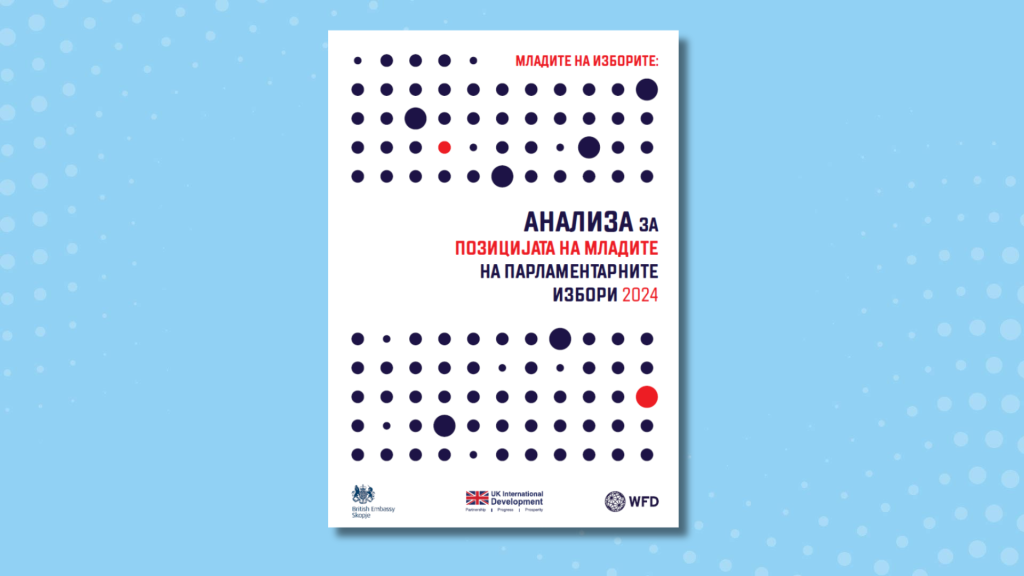International election observation is the most visible form of democracy assistance – and one that is particularly prominent in sub-Saharan Africa. In the lead up to an election the presence of observers gradually intensifies, peaking in the final week before a poll. On election day, teams of observers spread out to different polling stations, monitoring both the voting process and the count. The media quickly seize on international observers’ ‘preliminary’ statements about the quality of an election, typically casting these statements as a verdict on whether an election was ‘free and fair’ despite the efforts of observers to avoid such blanket statements.
A substantial part of observation work is focused on detecting and deterring electoral fraud in the immediate window around election day. Yet international election observation is not only about that time period. It is also about improving the integrity of elections over the long-term. So, the final reports of international election observers, which are normally released several months after election day, include a series of recommendations. These recommendations set out steps that can be taken by a wide variety of actors – including election commissions, political parties, civil society, legislatures and even international donors – to improve the quality of elections in a particular country. Recommendations vary widely but they are important, since they constitute one of the primary mechanisms through which observers seek to strengthen the integrity of future elections.
International election observers invest significant time and energy in making recommendations designed to improve the integrity and credibility of elections. Yet our collective knowledge in this area remains limited – especially in sub-Saharan Africa, the region where elections are most likely to be observed. What kinds of recommendations tend to be implemented? Why? And what can we do to make these recommendations more useful?
This paper examines the implementation of recommendations made by several leading international observers in five countries in sub-Saharan Africa: Ghana, Kenya, Liberia, Nigeria, and Uganda. It reveals both similarities and differences in the factors that shape the implementation of recommendations between these countries.
Key findings
There is significant variation in the implementation of election observation recommendations across sub-Saharan Africa, with implementation varying both between countries and between different types of recommendations.
- Recommendations are far more likely to be implemented when the Electoral Management Body (EMB) is independent in practice and has the requisite capacity. This suggests there is much to be gained by building strong relationships with EMBs.
- Recommendations addressing certain topics, most notably campaign finance and the political representation of women, are much harder to implement than others because they represent more fundamental challenges to the political status quo.
- Despite challenging contexts, and difficult topics, we do sometimes see cases of surprising success. This tends to occur when civil society groups have built cohesive and coherent coalitions, increasing domestic pressure for change.
- In some areas, the recommendations of international observers have had benefits, despite their lack of implementation. For example, unimplemented recommendations have indirectly contributed to the expansion of domestic election observation by keeping this issue ‘on the agenda’.





